The Jayne Koskinas Ted Giovanis Foundation for Health and Policy (JKTG) submitted a comment letter to the Centers for Medicare and Medicaid Services (CMS) regarding the proposed rule for fiscal year 2018 on the Inpatient Prospective Payment System (IPPS). Among the areas of concern outlined by JKTG are Disproportionate Share Hospital (DSH) payments and methodology, the preclusion of judicial and administrative review, and regulatory reform and simplification.
In its comments, JKTG points to several problems with the key assumptions, methods and calculations CMS is using to determine DSH payments.
“CMS’s opaque, unexplained and entirely inconsistent approach to. . .the DSH uncompensated care payment calculation is not acceptable,” writes Ted Giovanis, JKTG Foundation president.
Another concern is the lack of clarification of the instructions for hospitals’ completion of a critical cost report worksheet.
“The current instructions contain potentially contradictory and confusing language that leaves key terms undefined,” which results in inconsistent reporting of costs to treat uninsured patients, according to JKTG.
JKTG urges CMS to support the removal of the preclusion of administrative and judicial review provisions from the proposed rule. JKTG’s comments suggest the best way to develop and implement the best type of program for Medicare beneficiaries is “through an open and transparent process that includes [hospitals’] ability to review all the underlying estimates and assumptions so stakeholders can comment meaningfully, as well as thoughtful consideration of such comments by CMS.”
In addressing regulatory reform and simplification, JKTG believes organizational changes within the CMS bureaucracy are the best course of action.
“The Medicare payment systems have evolved and are now in a turbulent state of rapid evolution,” JKTG’s letter states. “This causes stress on the agencies abilities and specifically raises questions about the agency’s know-how and tools.”
JKTG’s full comment letter can be found online.
Featured news
Ted’s Take: Errors in formulas and what it means for AI
Spinach is the best source of iron. I’ve understood this for decades now. As I ate more and more healthy foods, I’d choose spinach salads because of the “great” nutritional value, particularly iron.
Ted’s Take: An ounce of prevention
They stay an ounce of the prevention is worth a pound of cure. Isn’t it the truth.
How physicians are paid
Despite a growing need for general practitioners, the Medicare system is not helping with this shortage given the maldistribution of reimbursement between general medical providers and surgeons and other specialists.

Jayne Koskinas Ted Giovanis
Foundation for Health and Policy
PO Box 130
Highland, Maryland 20777
Media contact: 202.548.0133


